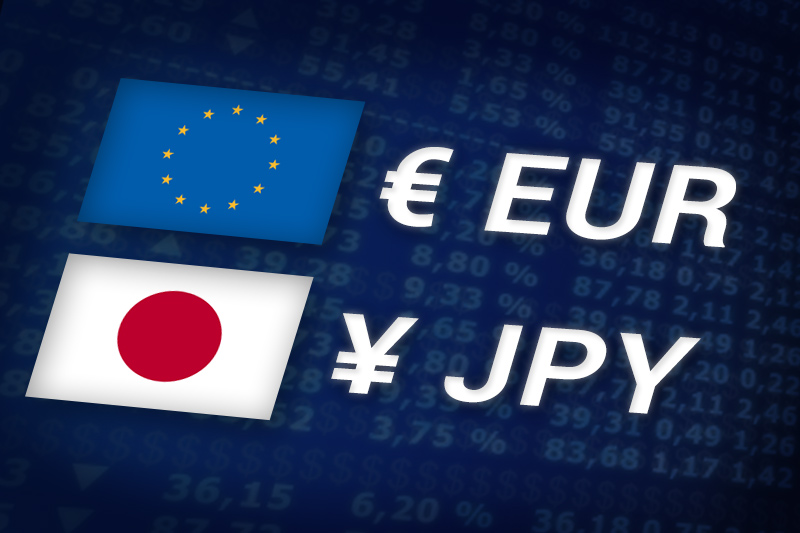Investing.com - The euro trimmed gains against the yen on Monday, pulling away from a two-day high as ongoing fears over a potential Greek exit from the euro zone and the handling of the region’s debt crisis weighed on demand for the single currency.
EUR/JPY pulled back from 101.58, the pair’s highest since May 17, to hit 101.08 during European afternoon trade, still up 0.08%.
The pair was likely to find support at 100.20, the low of May 18 and a two-and-a-half low and resistance at 101.97, the high of February 7.
The euro found brief support after a weekend summit of the G8 nations saw leaders affirm that they want Greece to remain in the euro zone and pledge to take measures to shore up growth in their economies.
But investors remained cautious after leaders failed to reach an agreement on how to calm market turmoil stemming from the crisis in the region.
Concerns over political turmoil in Greece eased somewhat after opinion polls indicated that pro-bailout party, New Democracy was leading the polls ahead of fresh elections, due to be held on June 17.
Uncertainty over the outcome of the elections has sparked fears over Greece’s ability to honor its financial commitments and its possible exit from the euro zone.
Meanwhile, concerns over the health of Spain’s banking sector also weighed, pushing the yield on Spanish 10-year bonds to 6.29% earlier.
Elsewhere, the yen remained under pressure amid growing speculation the Bank of Japan will announce fresh easing measures at its next policy meeting, due to begin on Tuesday.
The yen was also lower against the U.S. dollar with USD/JPY rising 0.36%, to hit 79.32.
Markets were looking ahead to a first meeting between German Finance Minister Wolfgang Schaeuble and his newly appointed French counterpart, Pierre Moscovici, later in the day, as European Union leaders prepared for Wednesday’s summit meeting.
EUR/JPY pulled back from 101.58, the pair’s highest since May 17, to hit 101.08 during European afternoon trade, still up 0.08%.
The pair was likely to find support at 100.20, the low of May 18 and a two-and-a-half low and resistance at 101.97, the high of February 7.
The euro found brief support after a weekend summit of the G8 nations saw leaders affirm that they want Greece to remain in the euro zone and pledge to take measures to shore up growth in their economies.
But investors remained cautious after leaders failed to reach an agreement on how to calm market turmoil stemming from the crisis in the region.
Concerns over political turmoil in Greece eased somewhat after opinion polls indicated that pro-bailout party, New Democracy was leading the polls ahead of fresh elections, due to be held on June 17.
Uncertainty over the outcome of the elections has sparked fears over Greece’s ability to honor its financial commitments and its possible exit from the euro zone.
Meanwhile, concerns over the health of Spain’s banking sector also weighed, pushing the yield on Spanish 10-year bonds to 6.29% earlier.
Elsewhere, the yen remained under pressure amid growing speculation the Bank of Japan will announce fresh easing measures at its next policy meeting, due to begin on Tuesday.
The yen was also lower against the U.S. dollar with USD/JPY rising 0.36%, to hit 79.32.
Markets were looking ahead to a first meeting between German Finance Minister Wolfgang Schaeuble and his newly appointed French counterpart, Pierre Moscovici, later in the day, as European Union leaders prepared for Wednesday’s summit meeting.
